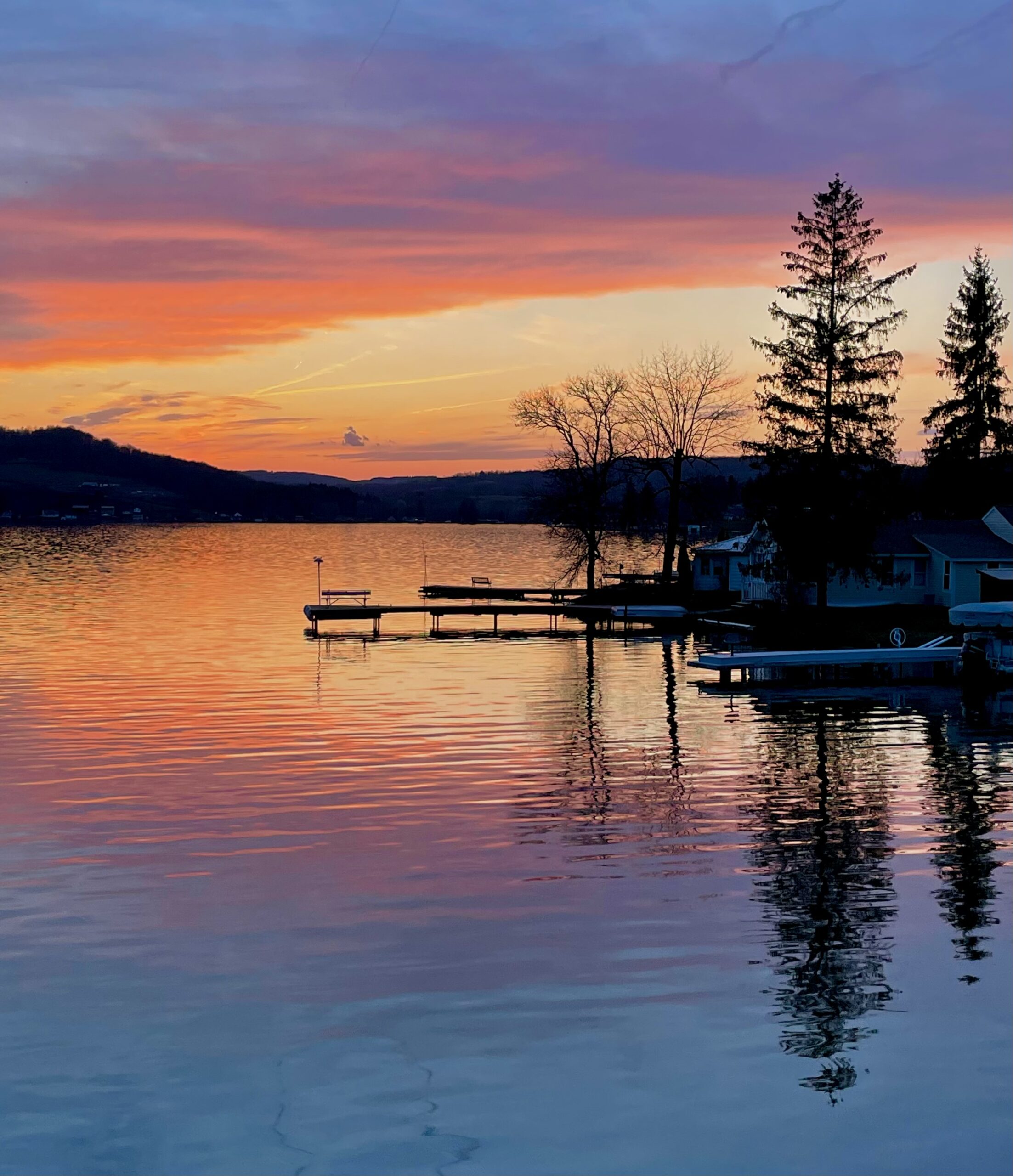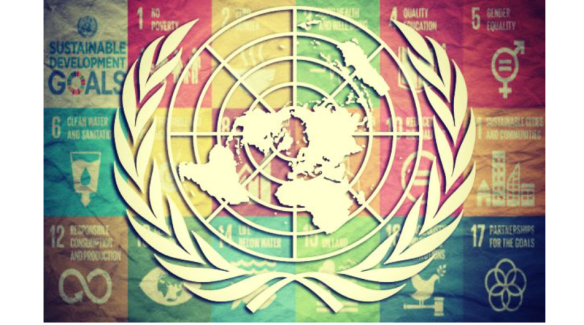“The well intended strategies have been put on back burners”
by Frederick Sinclair
The United Nations (UN) enacted: The 2030 Agenda For Sustainable Development ‘Transforming our world’ in September of 2015. It is a humanely framed, brilliantly executed and unanimously ratified UN strategy to “stimulate action, over the next 15 years in areas of critical importance for humanity and the planet.” The 41 page document draws all countries and stakeholders into a collaborative partnership that would “free the human race from the tyranny of poverty and want, and to heal and secure our planet.” The 17 Sustainable Development Goals and 169 targets seek to realize the human rights of all and integrate the economic, social and environmental dimensions of sustainable development. It is important to note that the Agenda 2030 has the full force of a treaty and supersedes constitutional law.
“We resolve, between now and 2030, to end poverty and hunger everywhere; to combat inequalities within and among countries; to build peaceful, just and inclusive societies; to protect human rights and promote gender equality and the empowerment of women and girls; and to ensure the lasting protection of the planet and its natural resources. We resolve also to create conditions for sustainable, inclusive and sustained economic growth, shared prosperity and decent work for all, taking into account different levels of national development and capacities.”
The charter of the United Nations opening words are “We the peoples” and that spirit certainly poured the foundation for Agenda 2030, but careful reading of the 17 goals and 169 targets reveals a rigid matrix supporting global control mechanisms and a heightened urgency, which causes one to question if ‘we the peoples’ will have much to say as well as who is overseeing and enforcing Agenda 2030. See (sustainabledevelopment.un.org ) for the complete document.
February of 2023 marked the half way point in the 15 year time frame for achieving Agenda 2030. UN Secretary-General Antonio Guterres announced “Time is running out as the world inches closer to meltdown and countries must change course before it is too late.Halfway to 2030 we are far off track” said Guterras. “We need more effective global cooperation, to close growing intergovernmental gaps and “we need to go further and deeper on climate, on conflict, on inequality, on food insecurity, on nuclear weapons – we are closer to the edge than ever.” Several UN policy briefs are being prepared on pressing issues such as cyberwarfare and building a more effective global economy, for examination at the Summit of the Future to be held in 2024.
There has been a world-wide pandemic, two ongoing wars, epic fires, volcanic eruptions, earthquakes, numerous weather related disasters dysfunctional governments, political upheavals and mass migrations, which have changed the political, social and physical landscape during the half-life of Agenda 2030. The well intended strategies have been put on back burners. Annual funding needs of 500 billion dollars, from a group of 20 countries, is not forthcoming. These weaknesses set the stage for oligarchs within powerful private global interests to hijack the well meaning UN 2030 Agenda. The failing ratified UN Agenda is a perfect cover for insertion of Problem-Reaction-Solution strategies; rising up to ‘save the day’. All the ingredients are present for the insertion of hidden globalist agendas including the Great Reset, One World Order and totalitarian governance.
Let us not forget that on Jan, 17 1961 President Dwight Eisenhower, in his farewell speech, gave the nation and world a dire warning “In the councils of government, we must guard against the acquisition of unwarranted influence, whether sought or unsought, by the military-industrial complex. The potential for the disastrous rise of misplaced power exists, and will persist.”





